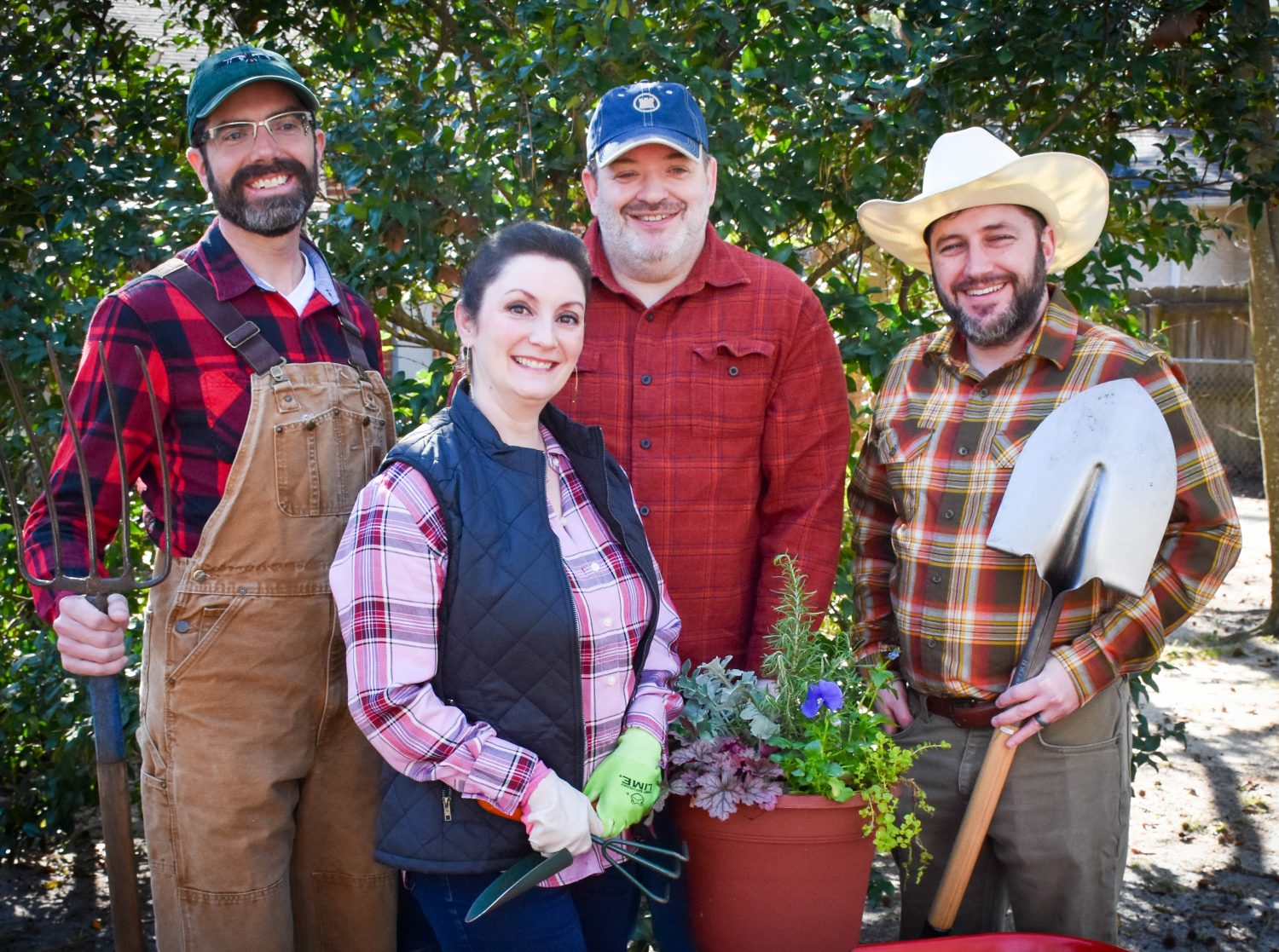Dirt lawyers may be in the best position to protect elders in real estate transactions

Elderly persons should be treasured, not abused! And, as real estate lawyers, we may be in a particular position to guard against abuses.
Elder abuse often happens at the hands of family members or “friends” who, because of the vulnerabilities associated with age, such as mental impairment, are able to employ methods such as theft, fraud, forgery, extortion and the wrongful use of powers of attorney to separate an elderly person from property or funds.
Reflect upon the numbers of stories you have heard in your community about elderly persons falling prey to telephone scams. Those same individuals would not have succumbed in their prime. Even with all mental facilities in place, they don’t hear as well, they don’t keep up with changes in technology, and they are unable to keep up with fraud trends we all hear about every day.
Here are some signs of elder financial abuse that you may be able to detect in your office:
- Sudden changes in an elderly person’s estate planning documents;
- Changes made in the title to properties in favor of a “friend;
- Home health aide, housekeeper or other person is added to the accounts of an elderly person or is receiving an assignment of proceeds;
- Family members or trusted “friend” discourages or interferes with direct communications with an elderly person involved in a transaction;
- The older person seems unable to comprehend the financial implications of the transaction;
- The older person signs documents without seemingly knowing or understanding what is being signed;
- A power of attorney is involved. I’ve told this story many times, but I know a wonderful claims attorney who called powers of attorney “instruments of the devil”. Powers of attorney are extremely useful tools in the real estate world, but we should always exercise caution when they are used, especially when an elderly person is involved;
- Anyone seems to be forcing the elderly person to act;
- Numerous unpaid bills may be a clue that someone is diverting the money designated for the daily living of the elderly person;
- Promises of lifelong care in exchange for property;
- The elderly person complains that he or she used to have money but doesn’t understand why the money is no longer available;
- The caregiver is evasive about the specifics of the transaction in the presence of the elderly person;
- The elderly person seems fearful or reticent to speak in front of a family member, friend, loan officer, real estate agent or anyone involved in the transaction.
- The accompanying family member or caregiver attempts to prevent the elderly person from interacting with others.
- The elderly person and the family member or caregiver give conflicting accounts of the transaction, the expenditures or the financial need.
- The elderly person appears disheveled or without proper care even though he or she has adequate financial resources.
Be mindful of these common-sense suggestions when any of your real estate transactions involve elderly persons. Think of them as you would want someone to think of your parents or aunts and uncles. Be careful to protect their interests. Proceed with caution!
Elders may also be the victims of predatory lending. Elders who own their homes and have built up equity over time become targets of predatory loan originators who pressure them in to high-interest loans that they may not be able to repay. Older homeowners are often persuaded to borrow money through home equity loans for home repairs, debt consolidation or to pay health care costs. These loans may be sold as “miracle financial cures” and are often packed with excessive fees, costly mortgage insurance and balloon payments.
Always discuss transactions directly with your elderly clients. Ask them pointed questions to make sure they understand the transaction.
And, as always, employ your instincts and your common sense.
